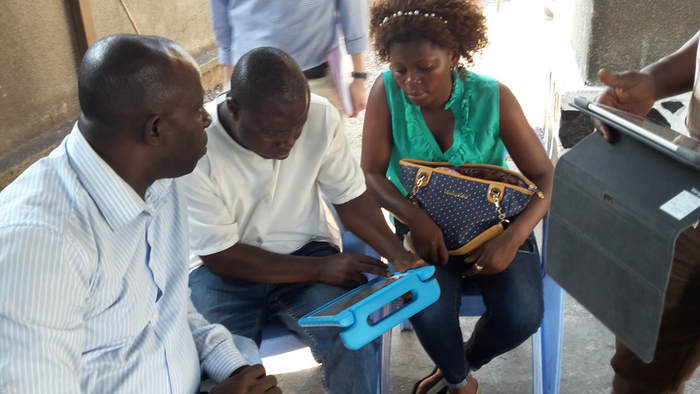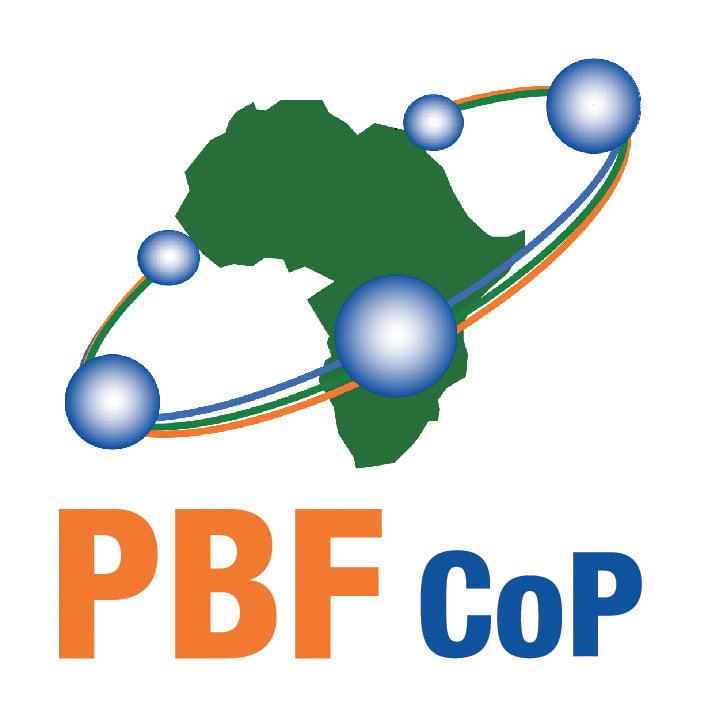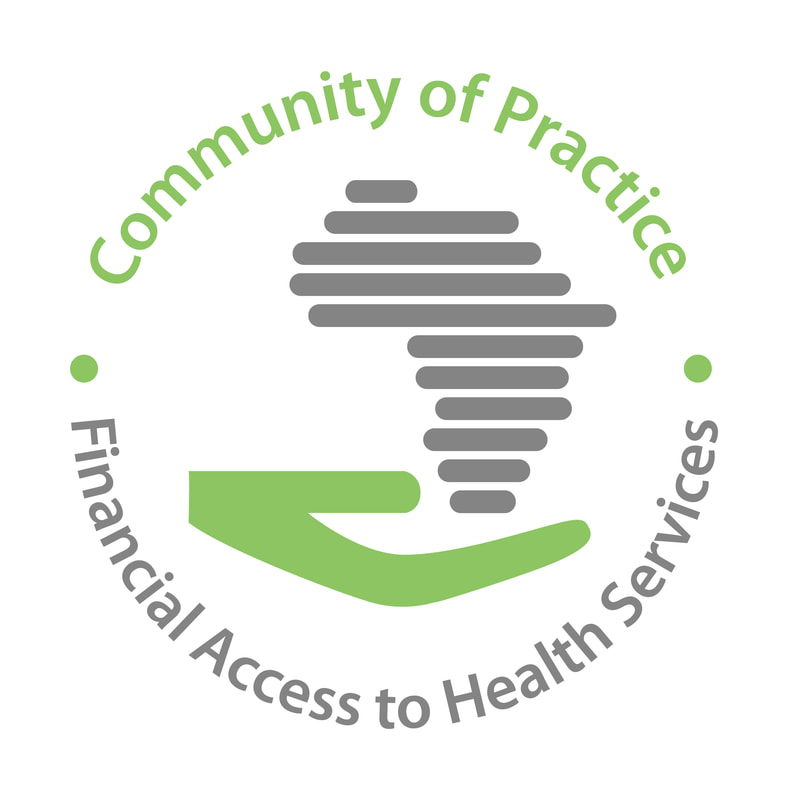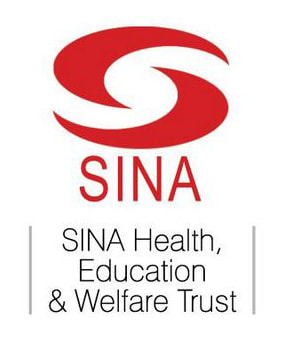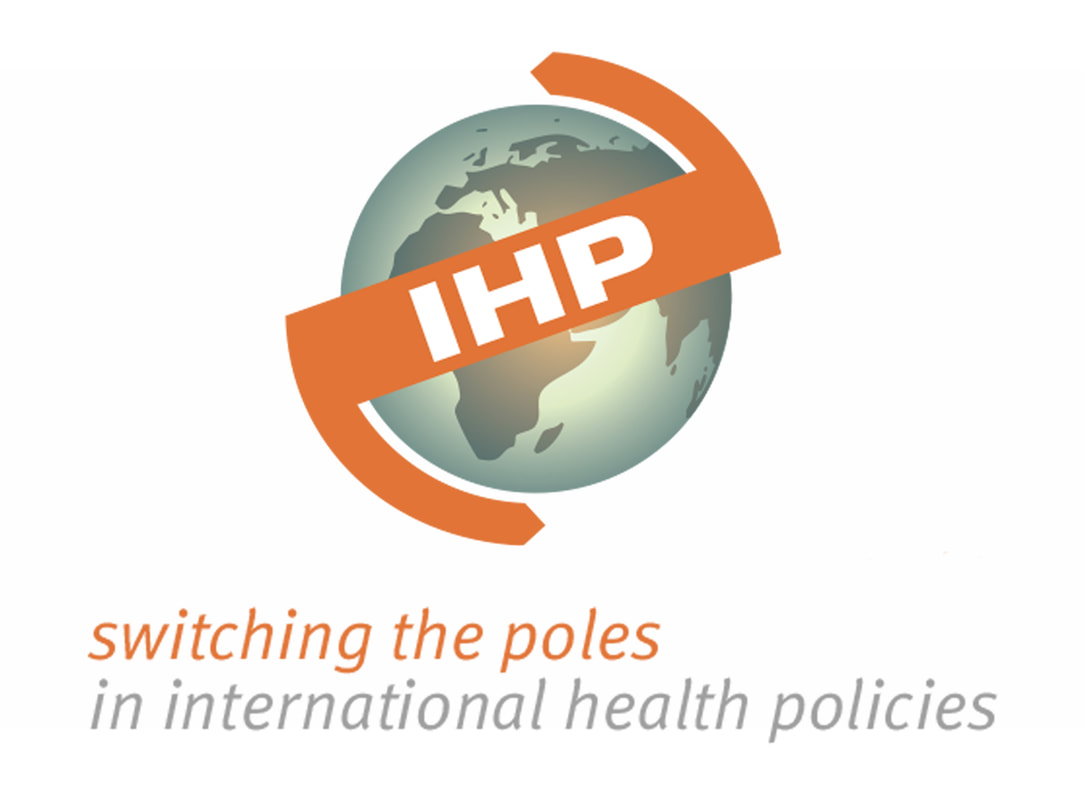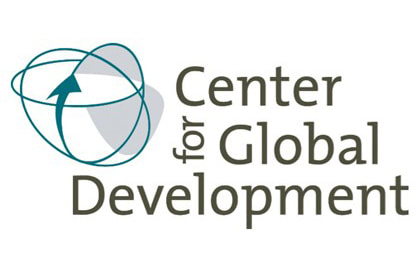It is commonly known by PBF implementers that verification is financially and economically expensive, even if few are aware of the exact costs involved. Recent articles on Afghanistan (1), Tanzania (2) and Benin (3) demonstrate that the financial cost of verification in these settings is high, however there is precious little data publicly available to draw more general conclusions. In the absence of data, other publications have attempted to get at cost figures using level of effort by verifiers as a proxy. In any case, the PBF community knows that there is an issue which must be worked on to integrate PBF into overall provider payment systems.
Verification is needed in all output-based provider payment methods
In all contractual arrangements, payment contingent on results requires that results be verified. In any output-based provider payment method (4) (fee-for-service, diagnostic-related groups) some sort of verification has to be done and it is typically done through the claims process. In Kyrgyzstan, the hospital payment system of the Mandatory Health Insurance Fund (MHIF) (5) includes utilization review and quality assurance processes. The selection of records (cases) for evaluation is made based on a set of criteria. Verification in PBF or pay-for-performance (P4P) in principle should be no different. In P4P programs in the United States, UK, and elsewhere, verification is based on data submitted by providers to the purchaser’s database, as well as through sample-based anonymous client surveys.
Some ideas as to why verification is costly in LMIC contexts
The cost of verification appears high in LMICs for four reasons. First, in many of the settings in which it is implemented, the purchaser must go to the data, rather than the data coming to the purchaser, since the data chain from patient charts to registers to national-level databases is often not fully digitized. Second, most PBF schemes start by verifying the full universe of health facilities in each payment period. Third, verification has often been kept as a separate stream rather than be integrated as part of the overall system of quality supervision and audit by the purchaser. Fourth, because PBF pays part of the cost of services with consequently lower disbursements than in schemes which pay the full cost (6), the cost of verification is high on a relative basis (7). This is particularly true in LMIC contexts where PBF is the only active provider payment mechanism whose results are verified.
Several or all of these reasons will evolve over time.
Transitioning from verification to cost-effective retrospective case review, and simultaneously to data for governance
When thinking about the cost of verification, we may often be using the wrong denominator in calculating the cost. Instead of narrowly comparing the cost of verification to the PBF payments made to health facilities, we should think about it more in terms of the overall funding going to health facilities. Verification, particularly the quality piece, generally looks at a broad cross-section of the service offering and not simply that targeted by PBF. As importantly, it has contributed to building a culture where data are used for decision-making and where information is linked to resources.
Verification can be instrumental to the institutionalization of knowledge culture and evidence-based health financing and service delivery. With the formalization of mechanisms and procedures for review and recognition of health outputs, verification underscores the centrality of evidence of quality and quantity in the provision of health services for providers and managers alike. Investment in appropriately-tailored verification contributes to strengthening health governance while improving accountability in service provision. As with other system-strengthening approaches in health, assessment of the cost of verification needs to bear in mind the value of improving sectoral stewardship, in addition to the immediate cost effectiveness of verification per se.
As countries start moving away from verifying the full universe of health facilities in each payment period for PBF indicators (which is monthly in some countries), the costs associated with verification will decrease. Verifying each and every case was perhaps a necessary starting point to ensure that all health facilities understood the rules of the game because PBF in many settings was a significant departure from what had come before, where passive purchasing, i.e. following a predetermined budget or simply paying bills when presented (8), prevailed. Some of the initial research on verification in PBF has shown that health facilities have well understood the rules of the game after about two years of implementation and that both over- and under-reporting have vastly diminished by then (9). The evolving thinking among PBF implementers is that at the point at which data shows that average erroneous reporting has diminished to acceptable levels, verification of less than the whole universe of health facilities each payment period can be considered, in a manner tailored to the context.
In Argentina, the methodology for verifying a sample of facilities has been based on targeting higher-volume facilities for more regular visits. In Zimbabwe they use a combination of targeting higher-volume facilities, and tracking the history of misreporting by individual facilities targeting those which are repeat offenders. This latter methodology is commonly referred to as risk-based verification. There is no single way of carrying out risk-based verification, and various methodologies have been under discussion in countries building on the experience of Zimbabwe.
Most low-income and lower-middle-income countries have digitized their national-level health information database on service provision. In many settings, this is based on the DHIS2 platform. Efforts are underway in many countries, including those with PBF schemes, to go further to digitizing patient charts and having those platforms directly feed higher-level health databases. This process will take time, as it confronts limited financial resources, and infrastructural challenges. Having timely and accurate data may require heavy investment, however its value cannot be overstated. Data used for payments should be at the core of a database on patient activity that can reveal a lot about patterns of service use and outcomes in a country. This data can be used both for payment, and for improved service delivery, and indeed to guide policy. Data used for payment of individual services delivered should aim to become more sophisticated, basing itself on whether treatment protocols were followed. The data should also be used to assess policy questions such as where services should be consumed, and how many points of care should exist. Countries implementing PBF should consider expanding from binary (yes/no) verification of service provision focused on PBF funds, to cost-effective retrospective case review methods as part of a coherent mixed provider payment system.
- Cashin, Cheryl; Fleisher, Lisa; Hashemi, Tawab. 2015. Verification of Performance in Results-Based Financing: The Case of Afghanistan. Health, Nutrition and Population Discussion Paper;. World Bank, Washington, DC
- J. Borghi et al., “In Tanzania, The Many Costs Of Pay-For-Performance Leave Open To Debate Whether The Strategy Is Cost-Effective”, Health Affairs 34, no. 3 (March 1, 2015): 406–14, see here.
- Matthieu Antony, Maria Paola Bertone, and Olivier Barthes, “Exploring Implementation Practices in Results-Based Financing: The Case of the Verification in Benin,” BMC Health Services Research 17, no. 1 (April 2017), see here.
- John C. Langenbrunner, Sheila O’Duagherty, and Cheryl S. Cashin, eds., Designing and Implementing Health Care Provider Payment Systems: “How-to” Manuals (The World Bank, 2009), see here.
- J. Kutzin et al., “Innovations In Resource Allocation, Pooling And Purchasing In The Kyrgyz Health System”, Manas Health Policy Analysis Project, August 2002, see here.
- Or at least a cost agreed to mostly by the purchaser and somewhat by the provider as being acceptable.
- Assuming the cost to verify is the same whether the purchaser pays partial cost or full cost.
- RESYST, “What is strategic purchasing for health?” Topic Overview 4, 2014.
- Petra Vergeer et al., “Verification in Results-Based Financing for Health”, World Bank Discussion Paper, December 2016.
All of the authors are part of a Collectivity working group on verification whose objective is to help develop the thinking about how to tailor verification approaches to the circumstances of LMICs, including those with low population density or which are conflict-affected. The output of this group has so far included a workshop in Brussels, the proceedings of which will be the subject of a brief to be published. A webinar was held in French on this topic, with another planned in English soon. The key publication will be a report on a survey carried out in six countries exploring how verification is conducted today, what innovations are already in place, and how representatives of those countries believe it may evolve in future. Our hope is that the work of this group will inform practitioners across the world to make changes to how verification is carried out.
